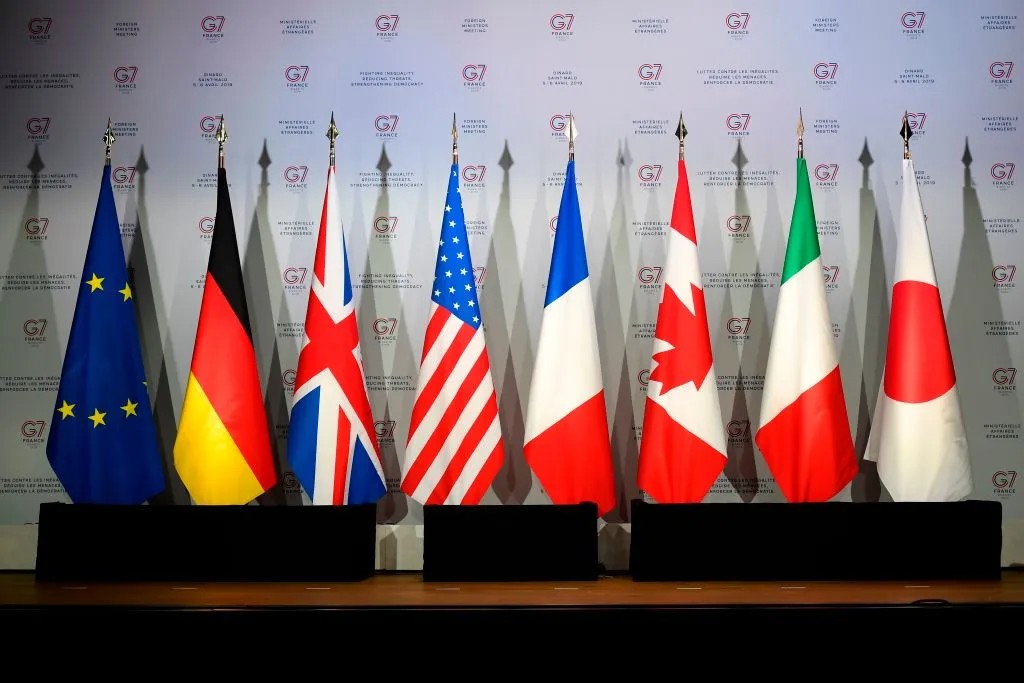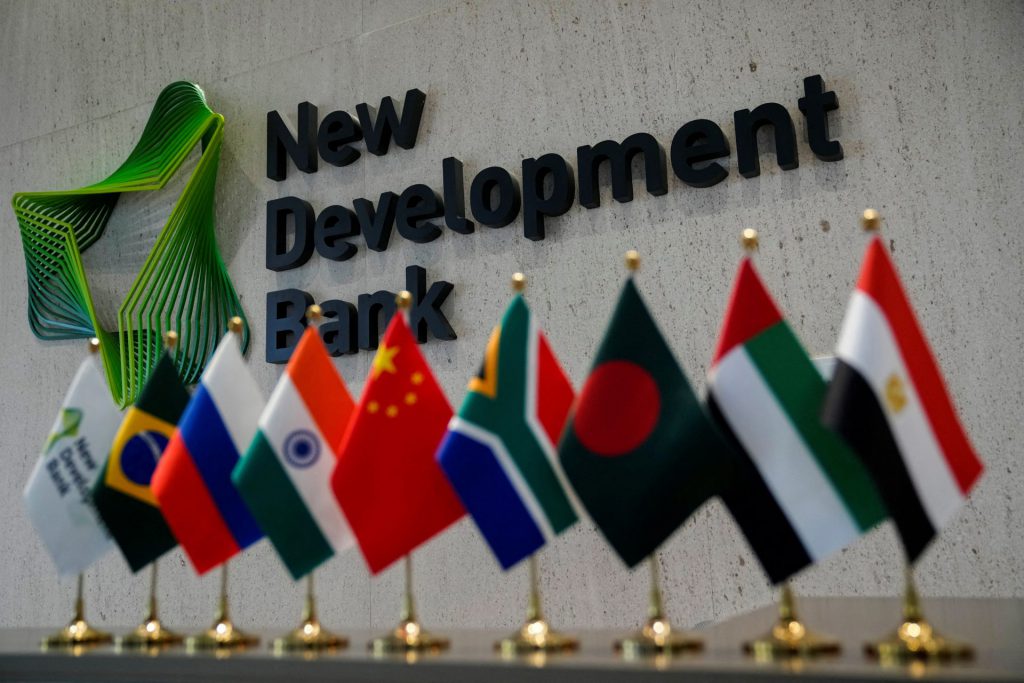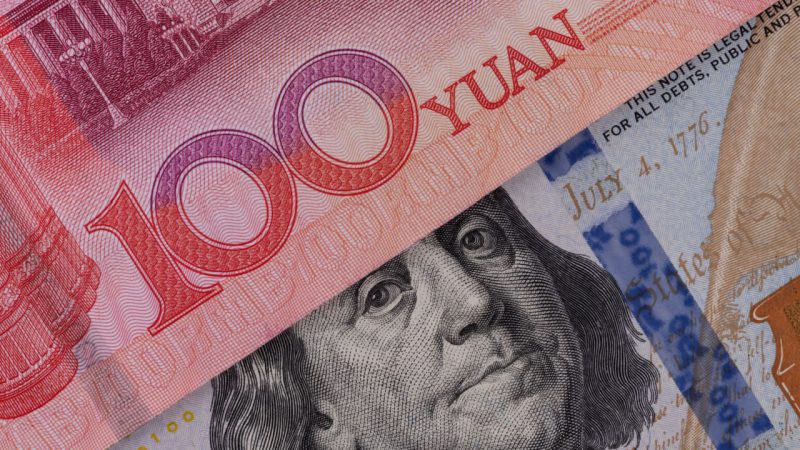With the BRICS Summit set to arrive in just a few weeks, the economic alliance is set to continue its embrace of de-dollarization. Moreover, as BRICS continues to grow, recent data has shown that the US is at its highest recession risk since the 1980s, leaving room for the bloc to widen the gap between the global south and the West.
Alternatively, the BRICS nations do not seem at risk for a recession, at least not in the same vein. India, China, and Brazil maintain recession probabilities of 0%, 12.5%, and 15%, respectively. Moreover, only Russia and South Africa boast a rise exceeding 30%. Alternatively, the United States, UK, Germany, Canada, and France, all exceeded the 50% mark.


Also Read: Mexico Comments on Possibly Entry into BRICS Alliance
Recession Risk Could Encourage Geopolitical Shift
The upcoming BRICS summit is undeniably important for the growth trajectory of the bloc. Indeed, the collective is likely to establish expansion requirements for potential members. Moreover, it should embrace its economic standing, showcasing a renewed commitment to de-dollarization and the promotion of local currencies.
Also Read: BRICS Bank to Increase Funding in Local Currency, Ditching US Dollar
Interstingly, as the BRICS bloc approaches the notable event, the US recessionary risk could widen the gap between the Global South and the West. Specifically, data from Game of Trades shows that the US recessionary risk is the highest since the 1980s. Moreover, the G7 nations as a whole boast significant recession probability forecasts.
Alternatively, the World of Statistics Recently published, an international recession is probably forecast for the year. The grouping has seen Canada boast a recession probability of 60%, along with Italy and France. Additionally, Germany and Japan have recession probabilities of 50% and 35%. Finally, the United Kingdom and the United States have recession probabilities of 75% and 65%, respectively.
BRICS vs. G7 Countries


Conversely, India and China boast recession probability forecasts of 0% and 12.5%, respectively. Moreover, Brazil maintains a 15% figure in that same category, while Russia and South Africa sit at 37.5% and 45%, respectively. The data shows that the BRICS bloc is not at risk in the way the West certainly is.
Also Read: How The World is Preparing for the End of the US Dollar
Additionally, countries that could seek entry into the bloc are also fairly safe from recession effects. Indonesia and Saudi Arabia have a probability forecast of 2% and 5%. Subsequently, as the bloc embraces de-dollarization, a recession could hinder the West’s ability to compete.
The development continues to show the bloc’s trajectory diverging. Yet, it will also depend on what is established at the upcoming summit. Expansion and local currency promotion should continue to enforce that trajectory. Subsequently, it is up to the West to find a way to cope economically and counterbalance the geopolitical shift.





